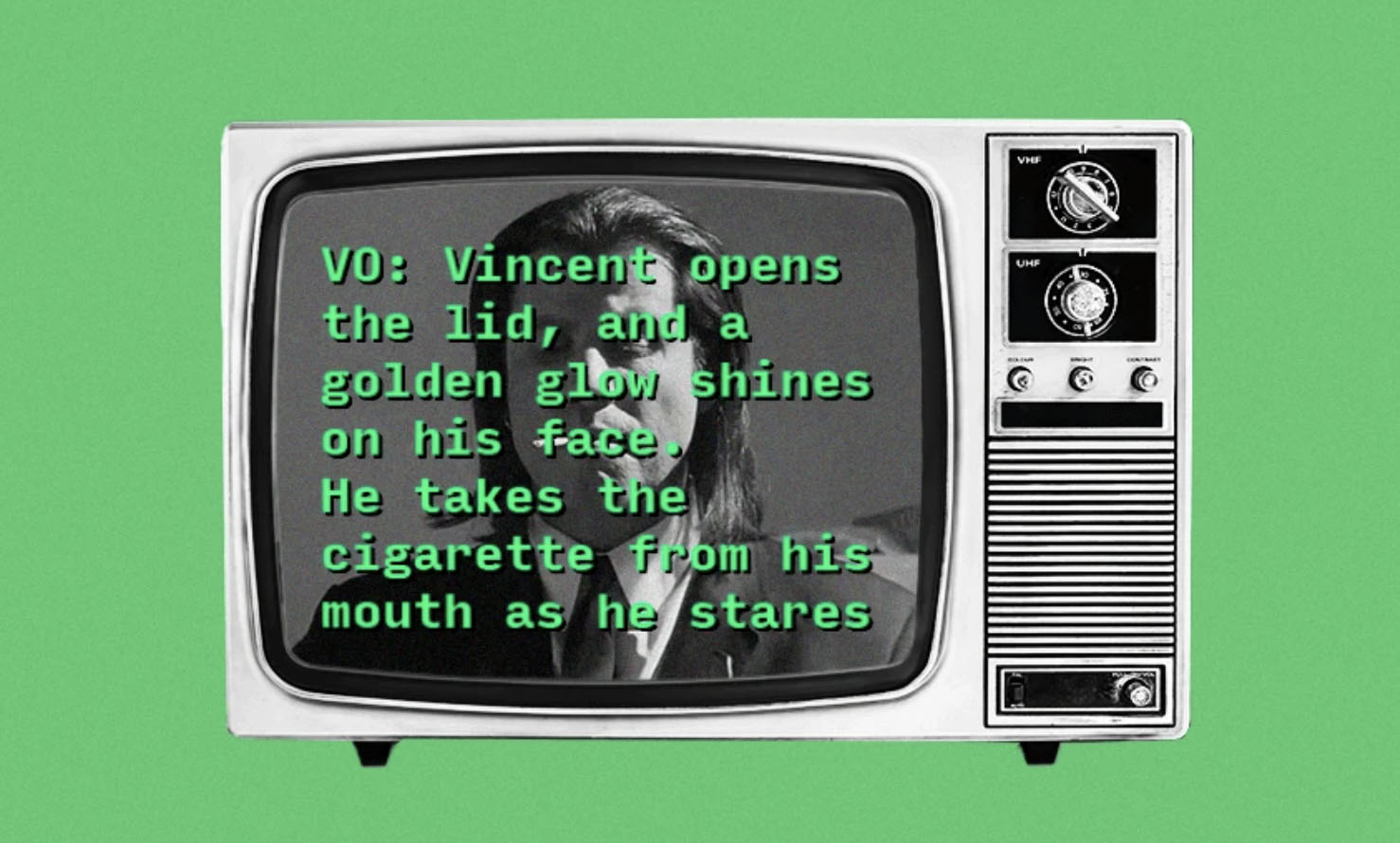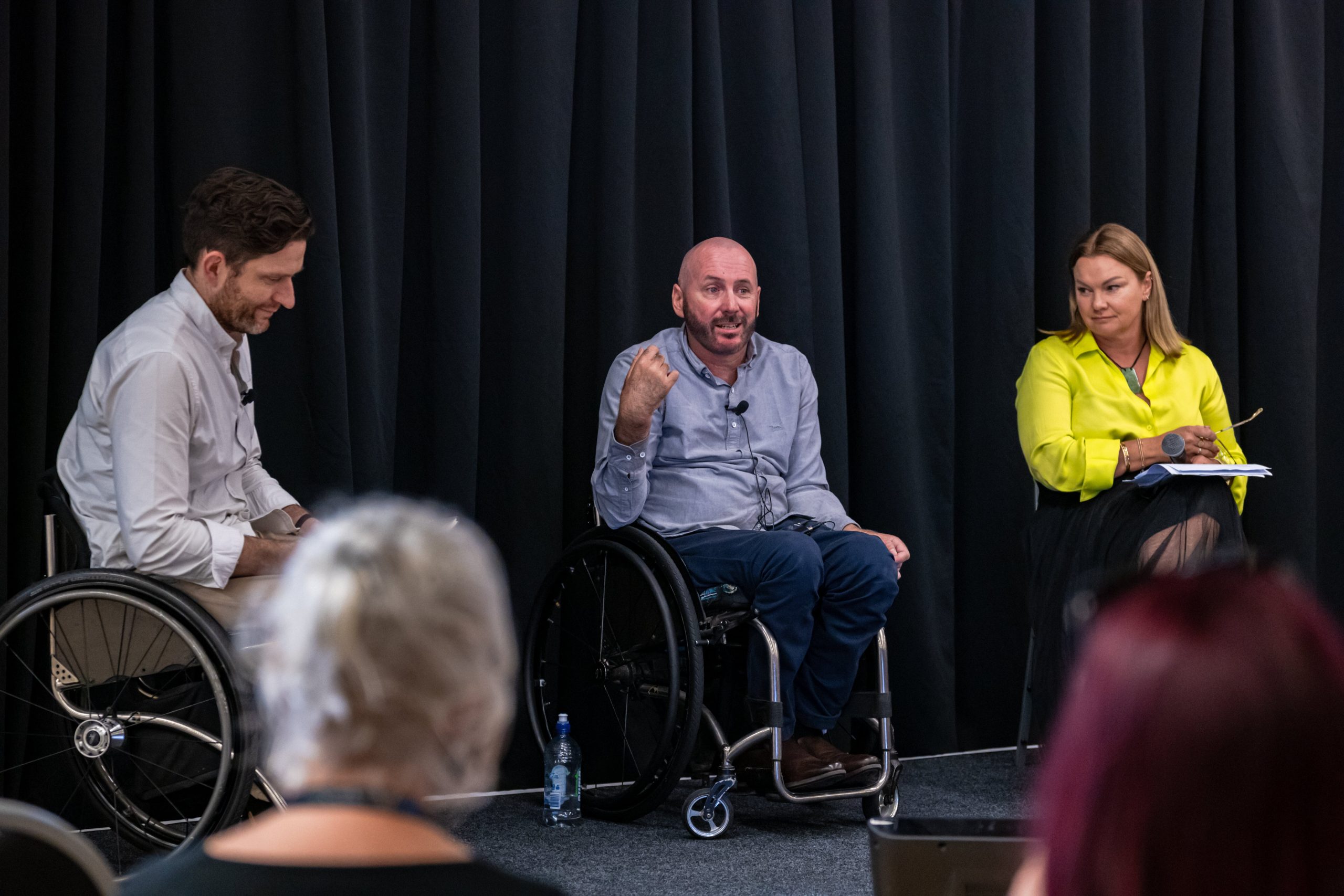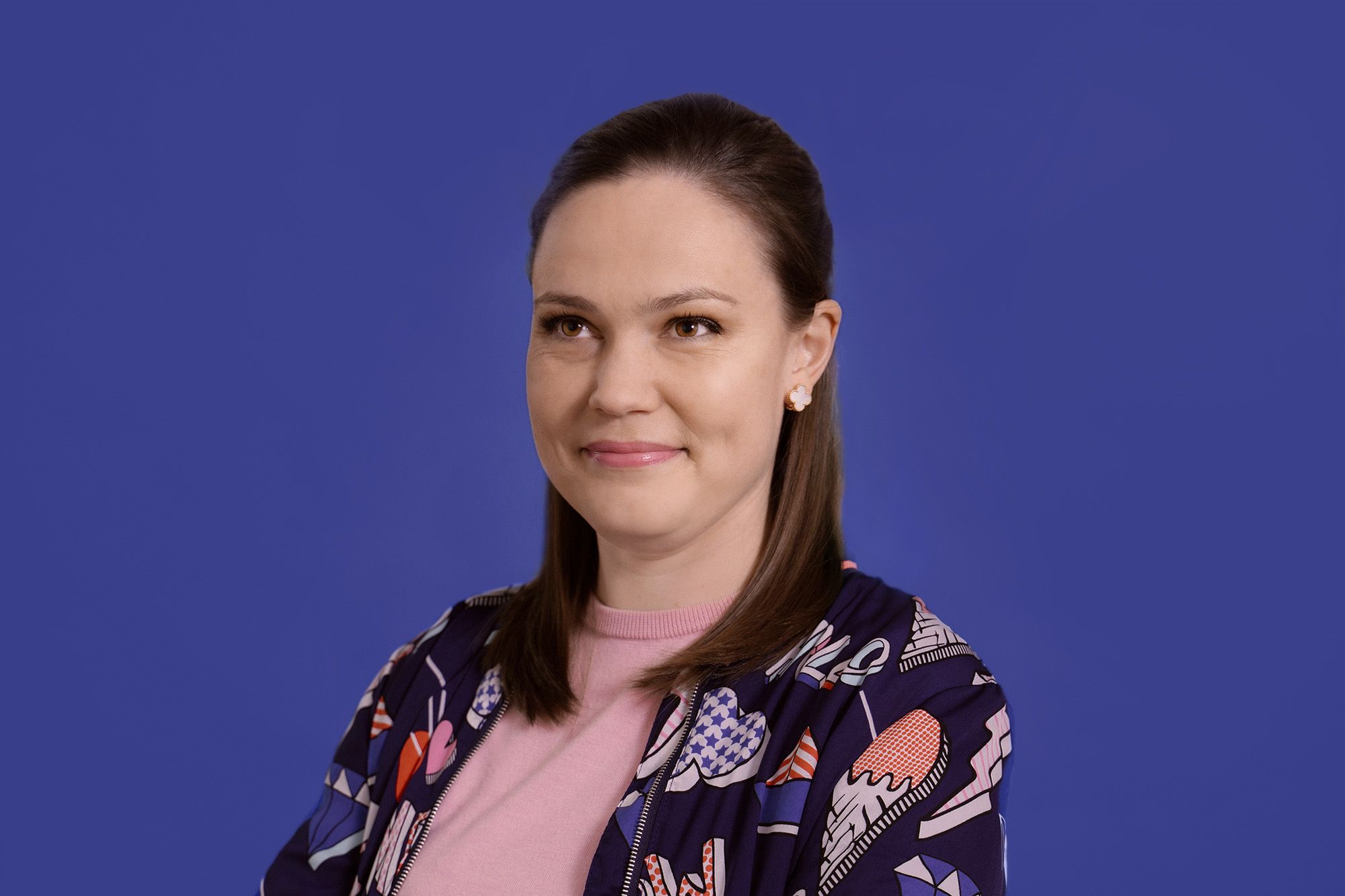![A screenshot of Stranger Things, with the subtitles reading [tentacles undulate moistly.]](https://able.co.nz/wp-content/uploads/2022/07/37206_nyzs.jpg)
Dan Buckingham, Chief Executive of Able was on RNZ’s The Panel with Wallace Chapman discussing the phenomenon of watching with words, along with panelists Michael Moynihan and Jennie Moreton. They discussed the rise in the popularity of captions with zoomers (Generation Z, born from mid-1990s – 2010s, who grew up with the internet). Listen to the interview here from 11.17 – 16.58, or read the transcript below.
—
Wallace Chapman: Do you watch a film or a series with the subtitles or captions on? I do, and it means I can understand everything that is going on. It leads to some pretty strong discussions in our house whenever we try and watch a series, and I want captions on Grand Designs, for example. “Why do you want the captions?”, I get asked. It turns out it’s quite the thing amongst Generation Z, and we are in a new era of captioning. Stranger Things on Netflix, for example, gets a bit creative with subtitles, such as “[tentacles undulating moistly]”.
Chapman: Well then, Dan Buckingham is Chief Executive of Able, and they provide captioning services, subtitling and audio description. Dan, welcome to the panel.
Dan Buckingham: Kia ora. Thanks for having me.
Chapman: Pleasure. Have you noticed instead that captioning is becoming popular amongst people who might otherwise not need it?
Buckingham: It is becoming very much more and more popular, and I think it’s the classic situation of design for the edges, and you catch everybody. So, you know, we don’t shy away from the face that our primary audience is people who are Deaf and hard of hearing and we caption content for them. But it captures so many more people – those who have English as their second language, or to help with the literacy rates. You know, more and more with Gen Z, you know, there’s so much content coming at us, and just by turning on the captions, you capture so much more of it.
Chapman: It’s astonishing. I love it. I love it. But it leads to some quite strong discussions amongst households. Because I say, Well, if you’ve got the kettle boiling, or you’re eating chips, you need it! If it’s a tough plot (and I’m not very good around plots), then I can’t understand everything.
Buckingham: Yeah, I find that enriches content. Producers spent so much time creating and producing, and then the captions or subtitles add another layer, where it just brings a viewer along more, and you could engage a whole lot more with content.
Chapman: Yes, brilliant. Michael?
Michael Moynihan: Look, I’m very ambivalent. I only like subtitles on foreign language things because I find them a distraction and I find myself not watching the thing that’s on the screen and that that will frustrate me. And I’ll and I’ll lose a lot of nuance or something. And so although I get what you what you’re saying, it doesn’t appeal to me. And I don’t need them. I mean, I do think for hard of hearing people, it’s fantastic. It’s wonderful. But I know it doesn’t work for me. And that’s not just because I’m not a Generation Z!
Chapman: Stay there, Dan. Jenny?
Jennie Moreton: No, I’m I’m a bit like Michael. I don’t like them on if I don’t need them on.
Chapman: Try it!
Moreton: No, no, no. I have tried it and it’s just an annoying little block of words at the bottom of the screen that’s distracting. But also, to be honest, I’m one of those people who never really gives TV or whatever my whole focus. I’ll be looking through my phone or reading a book at the same time.
Chapman: That’s a whole other panel topic! That’s really unsatisfying watching!
Moynihan: I’ve deliberately started to try and watch television more engaged with me because I was you, Jenny, and I’ve been distracted by a range of things. And, I kind of think, no, I really just need to put this stuff down and watch if it’s a good television program. And that, that’s been a deliberate act, but I still wouldn’t put the subtitles on.
Moreton: Can I just say, because we got so used to binge watching things, right? So you’d watch five episodes of something in a row. But I’ve been watching something on one of the one of the streaming services, that is down to half hour episode drops per week. And I’ve gone back to watching something weekly, and it’s far more engaging, right?
Chapman: Dan Buckingham, listen to this text that’s come in. It says, ‘I’m a high school Media Studies teacher. My students love captions. If I start playing something without captions. They complain. One student said they hate going to movies because there are no captions.’ But to that wider issue – the issue then is that everyone has an equal access to audiovisual media. That’s a worthwhile goal.
Buckingham: That’s the driver at Able, and what we’re trying to achieve those captions – and audio description as well. If you haven’t had a chance to engage with audio description, it brings another layer again. So that’s for people who are blind, describing what’s happening in the show. If you watch a movie, like say Pulp Fiction or Whale Rider, which we described the other day, it’s fascinating to watch with that extra layer again. But to return to the points here, I think with the distraction I think when you watch more and more with captions, you find that it’s just something you note in your periphery, and it adds more and more used to it. The other thing with the younger generation of people is that they’re watching our trains on buses and that’s another place where captions can really help.
Moynihan: Yeah, that’s valid.
Moreton: I do when I forget my headphones!
Chapman: Keep up the good work, Dan, and thanks for being with us!
Moynihan: I like having captions at the opera, you know, that sort of thing.
Chapman: Course you do, Michael, of course you do! Very good. There has been great responses regarding this – we might come back to this; but for now, we’ve touched a bit of a nerve!





